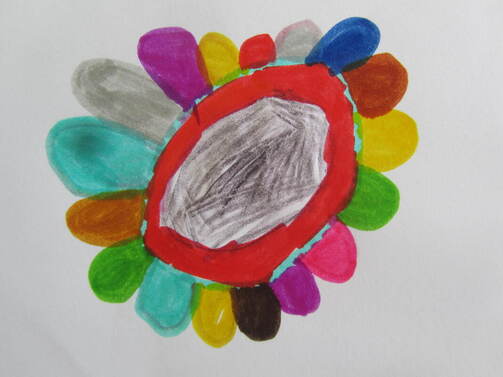ABOUT TiE – OUR TREATISE
Why Uncertainty?
- Questions a modern, colonial way of thinking that seeks control and sees mastery as a default. Such thinking requires the turning of society into a school, where education is reduced to learning ‘facts’, with answers that are either right or wrong. (By ‘mastery’ we mean being taught how to do something such that there is assumed to be no uncertainty about what it involves, how it is to be done or the answer it produces).
- Seeks a decolonial approach that assumes an ethic of respect for the ‘equality of intelligences’ of all. This does not mean everyone is considered to be ‘the same’: quite the reverse. It assumes that all human beings make sense of the world in multiple ways (using a ‘Hundred Languages’). It embraces and cherishes difference and diversity.
- Suggests that ever-increasing efforts to make teaching ‘effective’ and to measure control and mastery in educational institutions harbour increasing feelings of anxiety that can perpetrate ‘poor (mental) health’.
- Critiques the demands for constant accountability using metrics that become (necessarily) focused on outcomes rather than qualities of process, experience, or reflection (ongoing thought) in education.
- Allows for the emergence of confidence and excitement to try, to fail, to try again, and to experiment, to innovate and to find things out through trial and error. This requires close attention and effort, with the support of ‘a teacher’.
- Implies that there is always both joy and risk at the heart of education and that everyone is entitled to experience both throughout their lives and not just in an institution officially labelled as a ‘site of schooling’.
- Actively engages with precariousness and is open to alternative meanings, without assuming a randomness or carelessness to ‘knowing’ something somehow.
- ‘Knowing’ requires serious verification: how do I know what I know? What is the logic for me claiming what I claim to know? How can I listen so that I feel comfortable with being challenged in what I think I know?
- Being educated or engaging in education is always more than an engagement of the ‘head’ at the expense of the ‘heart’ or the ‘body’. It necessarily recognises everyday lived experiences of being in the world.
- It assumes that there is always a societal politics whose job is to democratically determine the possible and optimum conditions for all humans to thrive as part of a just society for the widest possible benefit of humans, non-humans and the planet.
